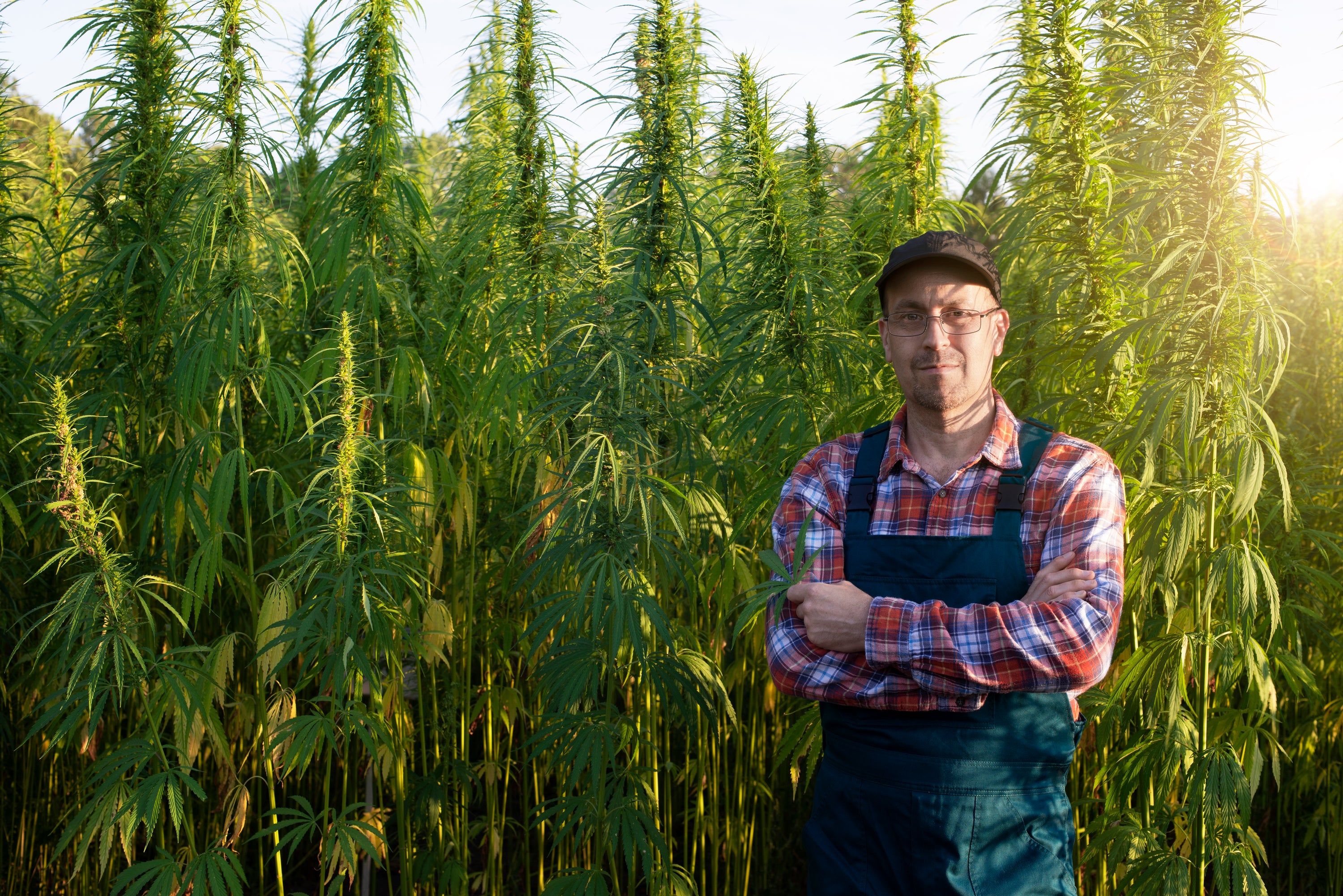
A Brief History of Hemp in America
The Florida Healthy Alternatives Association (FHAA) is spotlighting the rich and complex history of hemp in America. This versatile plant, once a staple crop for early colonists and Founding Fathers, faced significant challenges in the 20th century before its recent resurgence.
In the early days of American colonization, hemp was indispensable. British colonists were required to grow hemp, essential for the naval fleet’s ropes and sails. George Washington, one of the Founding Fathers, even cultivated it at his Mount Vernon estate, recognizing its potential to be more profitable than tobacco.
Hemp's importance continued through the 18th century. It was so valued that it served as a form of currency for paying taxes. This widespread cultivation highlighted its crucial role in early American society.
However, the 20th century brought a dramatic shift. Influential figures like media mogul William Randolph Hearst, who had investments in the wood-pulp paper industry, led campaigns to vilify hemp. This was partly due to economic competition and the rise of synthetic materials from companies like DuPont. Public perception was manipulated through sensationalist media, conflating hemp with marijuana and amplifying racial and social fears.
The 1937 Marihuana Tax Act effectively banned hemp cultivation, driven by misinformation and economic interests. This ban was temporarily lifted during World War II under the "Hemp for Victory" campaign to meet wartime fiber demand but was reinstated post-war.
The Controlled Substances Act of 1970 further cemented hemp’s illegal status, associating it with illicit drugs despite its non-psychoactive nature. This prohibition lasted until the late 20th and early 21st centuries, when hemp's potential began to be rediscovered.
Modern uses of hemp are extensive, earning it the title "the crop of 25,000 uses." From construction materials like hempcrete and insulation to sustainable textiles and biodegradable plastics, hemp’s versatility is unmatched. Its seeds and oils are praised for their nutritional benefits, and its fibers excel in paper production.
The 2018 Farm Bill marked a significant turning point, legalizing hemp and acknowledging its industrial potential once more. Today, hemp is celebrated for its environmental and economic benefits, honored annually on National Hemp Day.
Despite its turbulent past, the FHAA believes in hemp's bright future. Comprehensive regulation and ongoing research are critical to fully leveraging its potential while ensuring safety and efficacy. The FHAA is dedicated to promoting policies that balance public health with the historical and economic significance of hemp in Florida’s agricultural landscape.




